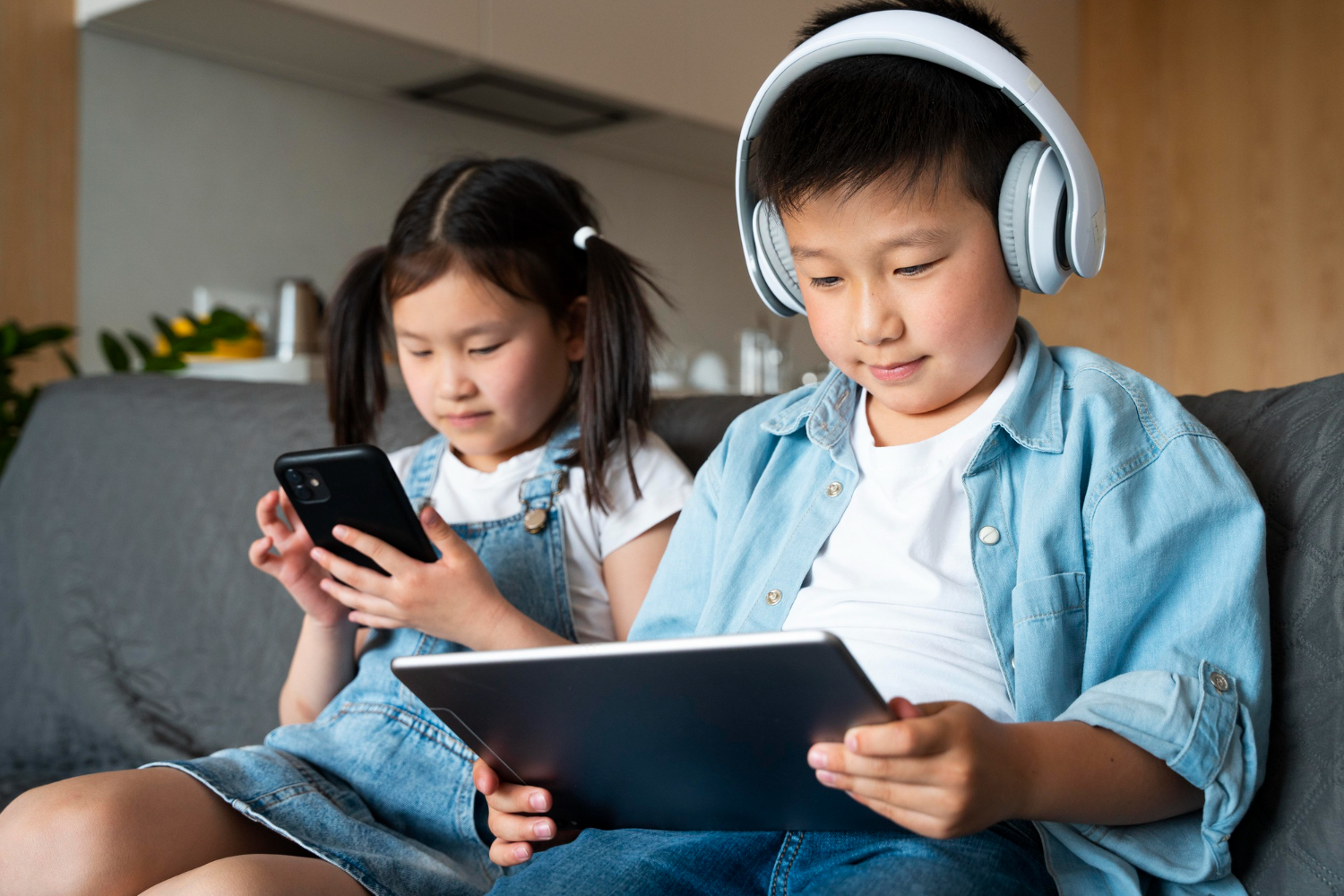Indonesia’s government has introduced Government Regulation (PP) No. 17 of 2025, aimed at protecting children in digital spaces. This regulation, known as PP Tunas, establishes guidelines for managing electronic systems to safeguard children in the digital world.
Minister of Communication and Digital Affairs, Meutya Hafid, highlighted that the government is learning from countries like Australia, which have already implemented similar rules. "We discussed how to implement this effectively, ensuring that it can be executed well," said Minister Meutya Hafid after accompanying President Prabowo Subianto in a meeting with Australian Prime Minister Anthony Albanese at the Merdeka Palace in Jakarta on May 15, 2025.
Minister Meutya Hafid Discusses Australia’s Influence on Indonesia's New Policy
Australia’s Online Safety Amendment (Social Media Minimum Age) Act 2024, passed on November 29, 2024, serves as a model for Indonesia’s new regulation. The Australian law focuses on restricting children's use of social media, which is closely aligned with the intentions behind PP Tunas. Minister Meutya Hafid further explained, “We talked about social media restrictions for certain age groups and delaying age access, which they also have.”
PP Tunas: Age-Based Restrictions on Social Media Access
PP Tunas establishes age-specific restrictions for children’s use of social media. Children aged 13 and under can only access low-risk platforms with parental approval. For children aged 13-15, access to low-risk platforms still requires parental consent. Teens aged 16-18 may use higher-risk platforms, but parental consent remains necessary. Full access is allowed only when individuals turn 18.
Key Features of the PP Tunas Regulation
Age-Based Social Media Access and Parental Consent
The regulation classifies platforms based on risk levels and mandates parental consent for higher-risk platforms. This approach aims to protect children by ensuring they are only exposed to age-appropriate content.
Platform Responsibilities in Promoting Digital Literacy
In addition, digital platforms are required to regularly conduct digital literacy education for both children and parents. This initiative is intended to raise awareness about online risks and encourage responsible internet use.
PHOTO: FREEPIK
This article was created with AI assistance.
Read More






 Monday, 02-03-26
Monday, 02-03-26







